Tehran (Bazaar): The second direct rail cargo group train from Turkey to China , the most important document which will make Turkey a transit hub between Asia and Europe, started last week from Istanbul to East Asia, China. As the first departure, it followed the Trans Caspian East-West Middle Corridor via Baku-Tbilisi-Kars railway to enter China.
Over the years, trade and transit freight have been done between China and Turkey, but the two trains which have started moving to China in recent weeks, are the first train to transport Turkish goods to China.
Some experts believe that Turkey which seeks to expand its presence and dominant through the railway arena, is seeking to create some ways without Iran. In fact, it seems that Ankara has launched this train to bypass Iran's transit route. The route of Azerbaijan, Nakhchivan and the use of sea cargo ships to cross the Caspian Sea, is one of these projects which has been used.
Nothing the rail cargo train from Turkey to China without the presence of Iran, Andrew Korybko tells Bazaar in an exclusive interview that the Islamic Republic was excluded from the route because it lacks the modern connectivity infrastructure needed to facilitate it in an economically productive way.
Korybko also says that Turkey and China won't trade through Iran via the Kazakhstan rail route because it's not yet economically profitable to do so.
Korybko is an author, senior, journalist and faculty member at the Institute for Strategic and Futuristic Studies at the Russian Friendship University. A Moscow-based American political analyst specializing in the relationship between the US strategy in Afro-Eurasia, China's Belt & Road Initiative, and Hybrid Warfare.
Following is the text of the interview:
Bazaar: A corridor from Nakhchivan to the Republic of Azerbaijan will be established following the ceasefire between Armenia and Azerbaijan. What is the role of this corridor in Turkish rail and road transportation?
Korybko: Turkey wants to position itself as one of the crossroads of Eurasian connectivity, to which end it'll seek to play a role in the trans-Armenian corridor between the two parts of Azerbaijan.
Ankara already pioneered what it calls the Middle Corridor between itself and China via the South Caucasus, Caspian Sea, and Central Asia (the first part of which transits through Georgia and Azerbaijan), so it could diversify the mountainous part of initiative through the trans-Armenian corridor for complementing the existing route through Georgia.
The larger vision at play is that Turkey hopes to become one of China's main partners for facilitating trade between the People's Republic on one side and the Mideast and Europe on the other. Thus far, this strategy is bearing fruit.
Bazaar: The second direct rail cargo group train from Turkey to China started its movement one week ago. Some experts believe that Iran's absence in this route means bypassing Iran. What do you think about this matter?
Korybko: This isn't a deliberate snubbing of Iran. The Islamic Republic was excluded from the route because it lacks the modern connectivity infrastructure needed to facilitate it in an economically productive way. While there have previously been train routes from Iran through Central Asia to China, they're not too viable because they travel along a circuitous route.
The China-Iran rail route goes through sparsely populated portions of Kazakhstan and Turkmenistan while avoiding the more populated Ferghana Valley, which is the region's economic center.
The Turkish-Chinese route also follows some of this same path, but the inclusion of Azerbaijan_which has one of the region's best-performing economies_compensates for that.
Turkey and China won't trade through Iran via the Kazakhstan rail route because it's not yet economically profitable to do so. But, including the over 200 million person market of Pakistan, which has already attracted $60 billion of Chinese investments, into a China-Iran and China-Iran-Turkey trade corridor would make much more economic sense for the investments involved.
By comparison, the Middle Corridor is a much quicker way for Turkey and China to trade with one another and has newer connectivity infrastructure too. Iranian-Chinese overland trade, however, still has a future and a very bright one at that, but only if observers remain focused on the bigger picture.
The two countries are reportedly negotiating a major multibillion-dollar years-long investment deal that could ultimately see China modernizing most of Iran's domestic connectivity infrastructure such as road and rail networks, as well as building new routes to optimizing its regional connectivity potential at the crossroads of South Asia, Central Asia, the South Caucasus, Anatolia, and West Asia.
The US' so-called "maximum pressure" policy did somewhat succeed in "isolating" Iran, at least insofar as practically eliminating much-needed foreign investment into its domestic connectivity infrastructure while Turkey and other countries were able to modernize their own without any problems.
Because of the comparative "lag" between the two in this respect, it might not be the case anytime soon that China could trade with Turkey through Iran, though such a possibility might unfold across the next decade if the reportedly forthcoming Chinese-Iranian investment deal results in connecting the Islamic Republic to the Belt & Road Initiative(BRI) flagship project of the China-Pakistan Economic Corridor (CPEC) through the its western expansion along the W-CPEC+ branch corridor.
Even in that scenario, however, it'll still take some time for Iran to build the domestic infrastructure needed to facilitate this on the massive level that would be needed, though it's definitely not impossible and can foreseeably happen depending on the terms of its Chinese investment deal and the political will of both sides to invest in such a long-term series of megaprojects like the ones that China is presently participating in in Pakistan.
Interview by Tahmineh Ghamkhar






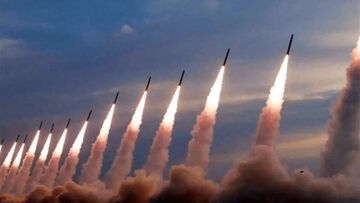
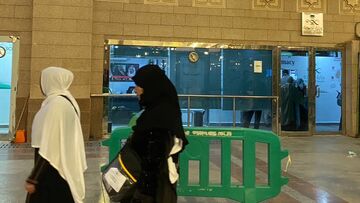
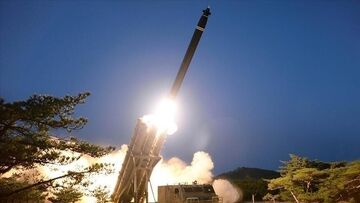
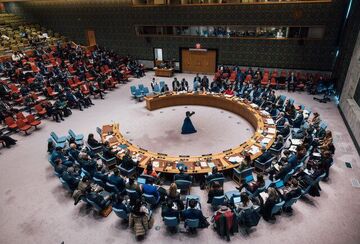
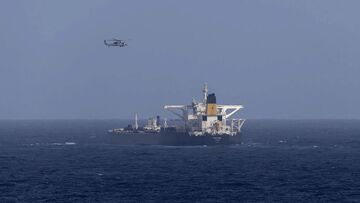

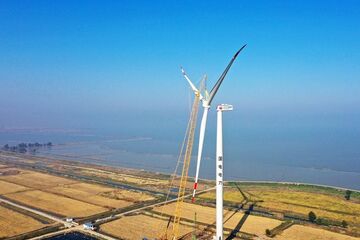

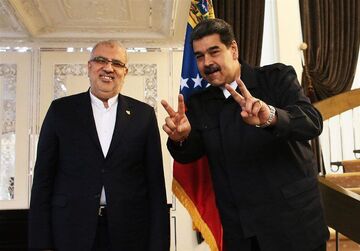

نظر شما